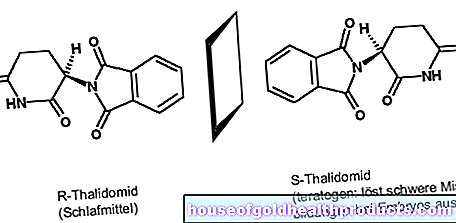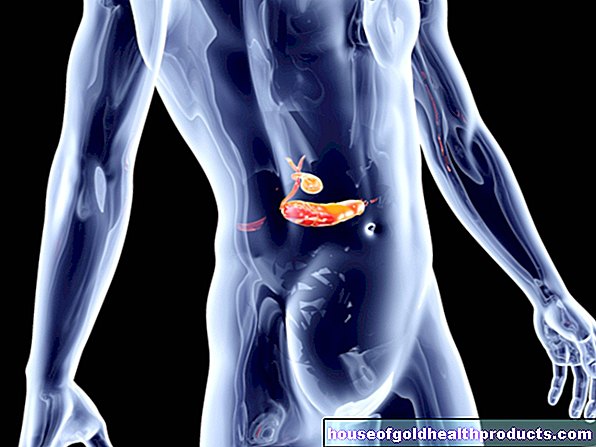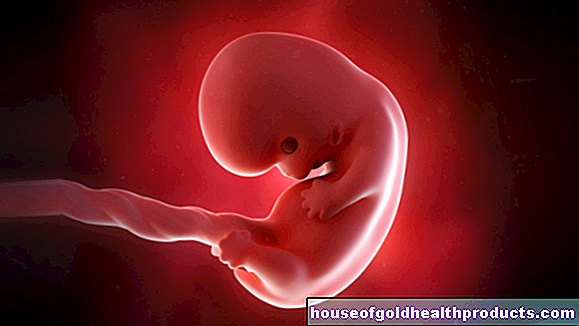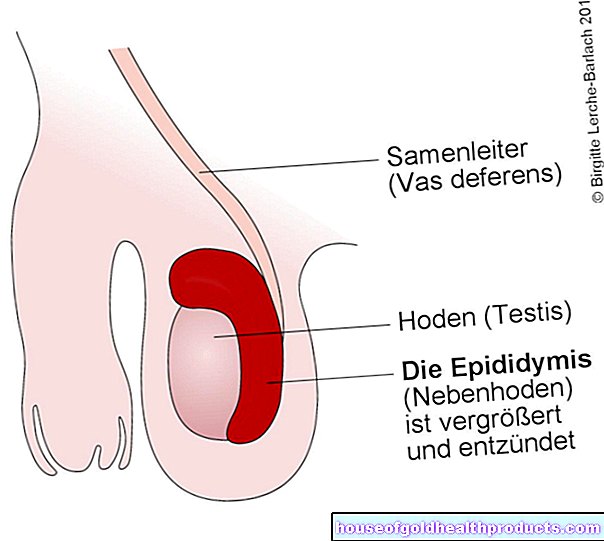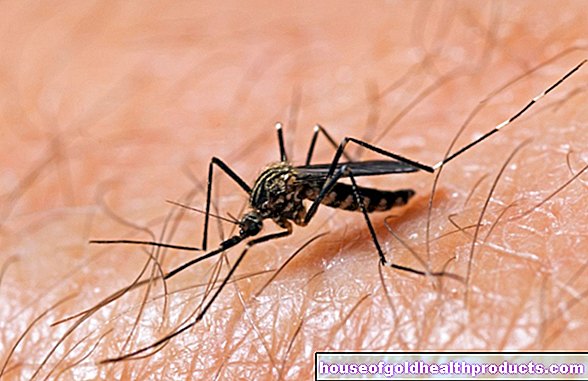Urine test for breast cancer
All content is checked by medical journalists.A new procedure could revolutionize the early detection of breast cancer: a urine test can determine with an accuracy of 91 percent whether a woman has breast cancer or not.
The method has a special charm because it is uncomplicated and not very stressful for women. "Our procedure could have the effect that more women perceive such an examination and thus breast cancer is detected earlier," says study director Prof. Elmar Stickeler from the University Medical Center Freiburg. And that can be of vital importance: Breast cancer detected early is curable in most cases today.
Hidden tumors
Breast cancer is usually detected by mammography or ultrasound and confirmed with a tissue sample. This usually happens when a corresponding suspicion arises due to a lump in the breast or suspicious factors arise in the context of early detection.
But a tumor cannot always be detected in this way: Especially in the firmer breast tissue of young women, nodes can sometimes be harder to feel. Some tumors are difficult to distinguish from the surrounding tissue. And so mammography and ultrasound do not always deliver reliable diagnoses. In such cases, the urine test could close the blind spot of previous early detection methods. Dangerous false-negative and stressful false-positive findings could not be prevented in this way, but they could be significantly reduced.
Tell-tale micro-RNA
The results of the new urine test are based on the concentration of certain molecules, the micro-RNA. The tiny structures control the metabolism of the cells. They are often dysregulated in cancer cells. This is exactly what the researchers at the Freiburg University Medical Center took advantage of.
They examined the micro-RNA in the urine of 24 healthy study participants and 24 women who had recently been diagnosed with stage 1, 2 or 3 breast cancer. The result: Four of the regulation molecules showed clear differences in concentration in healthy and sick women. "We were able to show for the first time that the micro-RNA profile in breast cancer in the urine is characteristically changed," says Stickeler. In principle, micro-RNAs should therefore be suitable for breast cancer tests.
Easily monitor the success of the therapy
Women who are already being treated for breast cancer or who have completed treatment could also benefit. With the help of the test, the success of the therapy can be checked, or a return of the cancer can be quickly identified: "The great advantage of our method is that we only need a few milliliters of urine and no blood or even tissue," says Stickeler. That makes the diagnostic procedure very attractive if regular tests have to be carried out.
The researchers have already applied for a patent for the process.However, it has yet to prove itself in larger groups of patients before it can be used generally. (cf)
Sources:
Press release University Medical Center Freiburg, June 9th, 2015
Thalia Erbes et al .: Feasibility of urinary microRNA detection in breast cancer patients and its potential as an innovative non-invasive biomarker; BMC Cancer 2015, 15: 193
Tags: vaccinations first aid pregnancy






